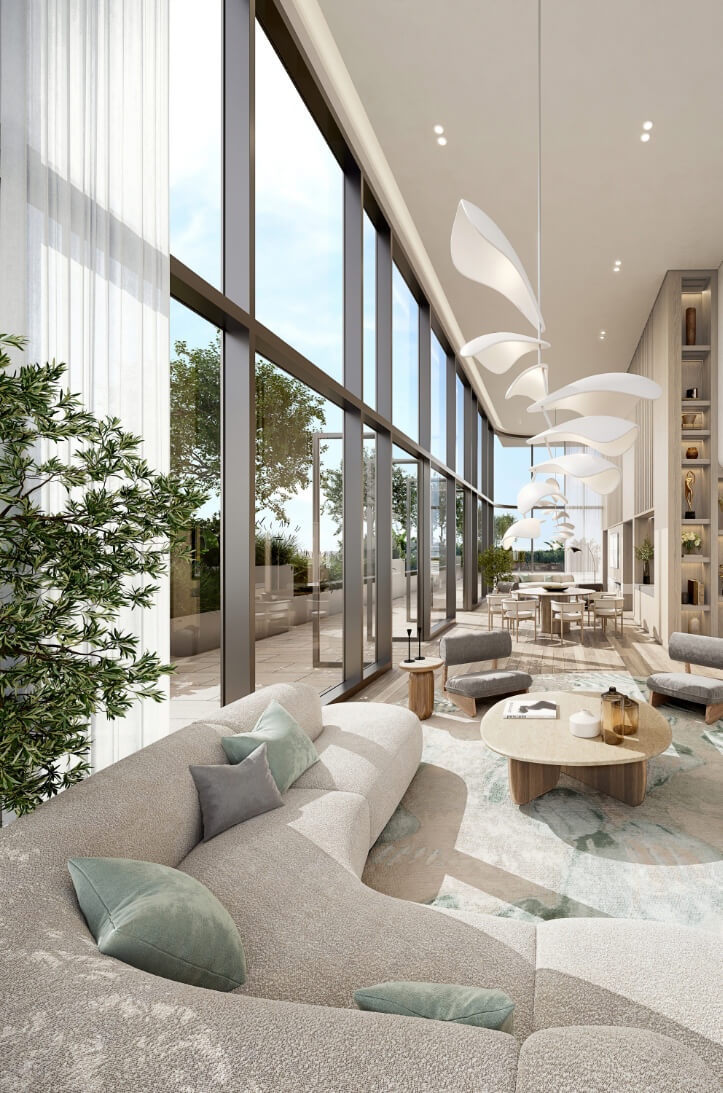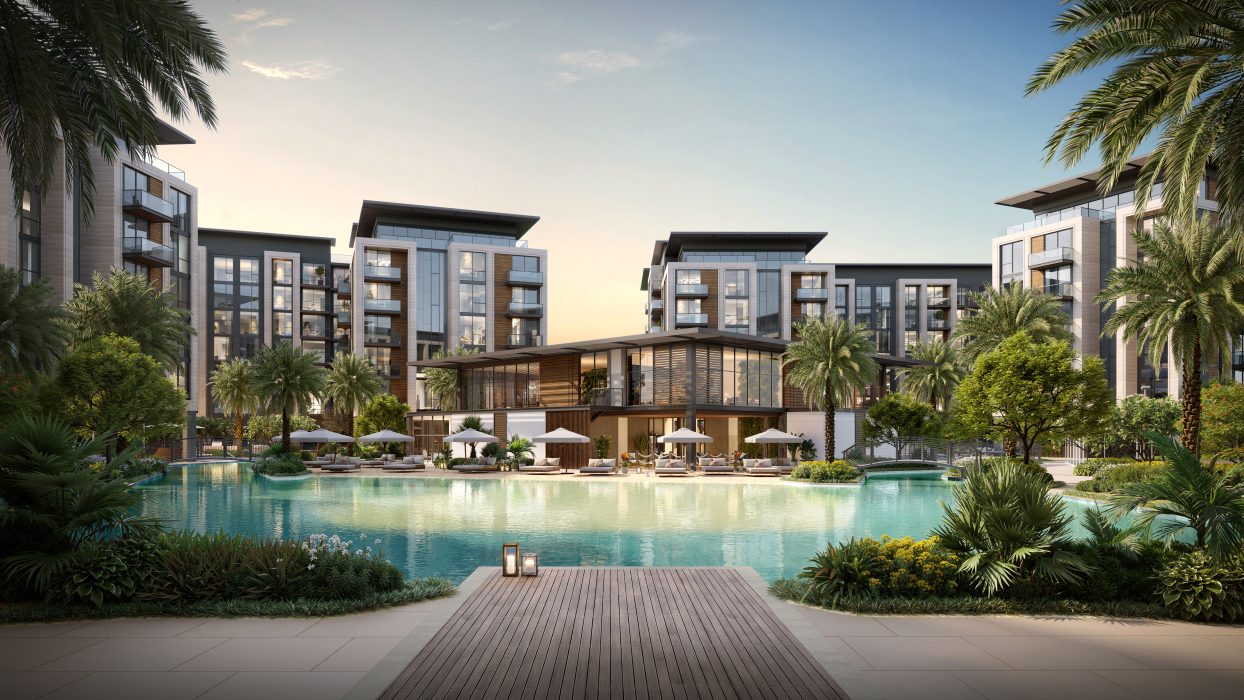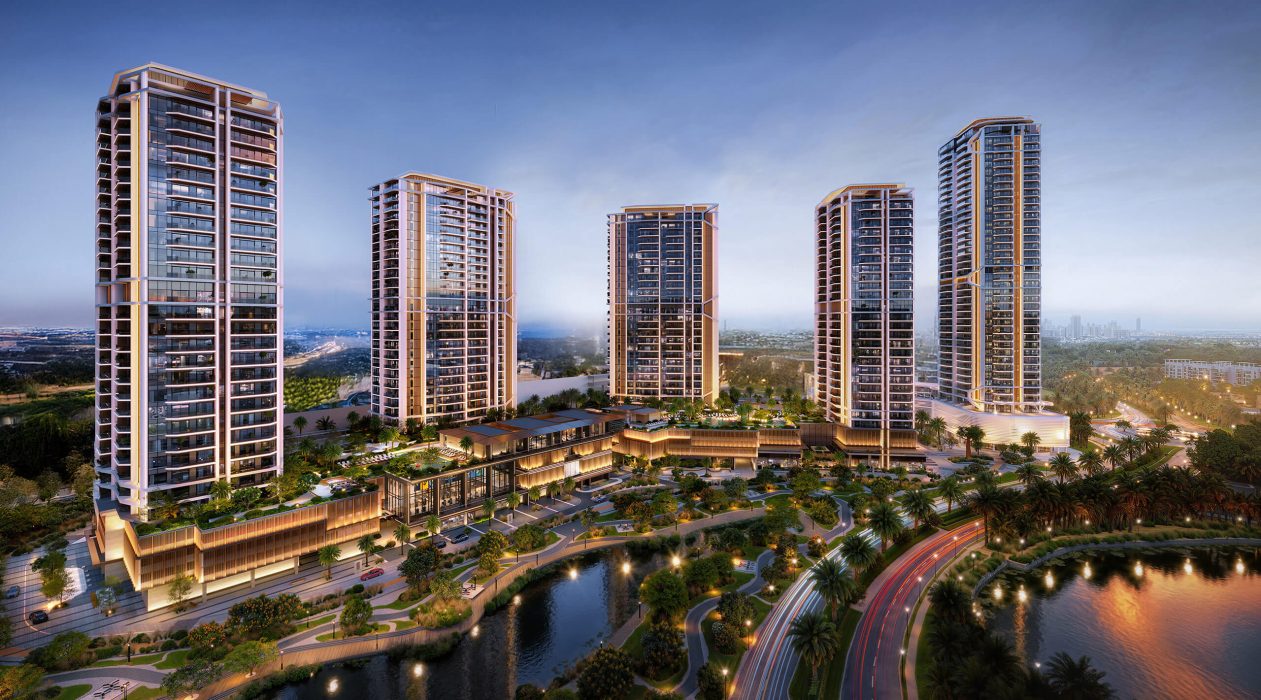Dubai, as the largest and most populous city in the United Arab Emirates, has been attracting millions of visitors every year for it provides the convenience and enjoyment of life, combining shopping, business and financial centres. Dubai has an amazing infrastructure that has made it one of the most beautiful and desirable places to own a house in. It is not only a viable destination but also an investment base that is highly stable and safe.
In May 2002, the Ruler of Dubai issued a decree allowing foreigners to buy and own property in Dubai within certain areas. In March 2006, decree n° 7/2006 on Land Registration was issued in Dubai granting expatriates and foreign investors, whether residing overseas or based in the UAE, the right to buy property in Dubai. This was considered a significant leap forward and an important step for expats interested in buying property in Dubai, thus making Dubai a prominent real estate destination in the region and also reinforcing its position as an attractive location to move to. A registration system has been established in land and property management to secure ownership rights.
In July 2006, the Ruler of Dubai issued a list of 23 zones and 45 plots allowing foreigners to buy property in Dubai. Moreover, leases that do not fall within the areas specified by the Governor can’t be registered by foreigners, although they are applied in the form of personal contractual rights between the parties. Disputes over unregistered rents are referred to the Rent Committee. Disputes arising out of property rights will be transferred to Dubai courts.
Real estate property developers in Dubai have long called for the establishment of a legal framework for foreigners to become official owners, a way for them to encourage foreign investment in the emirate. Indeed, until 2006, foreigners had only a simple title issued by the real estate developers in Dubai and their property was not legally registered. The right to property was thus limited to citizens of the United Arab Emirates and other Gulf Cooperation Council countries, namely Saudi Arabia, Bahrain, Kuwait, Oman and Qatar.
It is essential to know that the areas available for full ownership exclude areas of Old Dubai such as Bur Dubai, Karama and Qusais. Potential investors may, however, direct their research to other areas such as Dubai South or Palm Jumeirah, The Greens, Dubai World Central, Dubai Marina, Business Bay, Jumeirah Lake Towers, and others. Of course, rent prices depend on many factors, including the size of the property or the land and its location.
Real estate companies in Dubai provide future owners with a big selection of properties and flexible payments plans that suit everyone. Before investing in any of the Dubai properties for sale, it is imperative to distinguish between leasehold and full ownership.
Leasehold
Buying a leasehold property means renting it out over a period of time. In general, the lease has a term of 99 years or any other term stipulated in the contract. It is also possible to renew the lease. The right to buy a leasehold was granted to foreigners by the Dubai government in 2001.
Full ownership
When you buy a full property, you become the full owner of the property. Once the transaction is completed, you will then have full legal ownership to the property. You can then make structural changes, make improvements, or even sell or rent it, as you wish.
Now that we are a year away from the EXPO 2020, real estate experts are advising that this could be the best time for you to own a property in Dubai. With the abundance of property selections and real estate companies in Dubai, it will be easier for expats to become owners of houses in Dubai.







